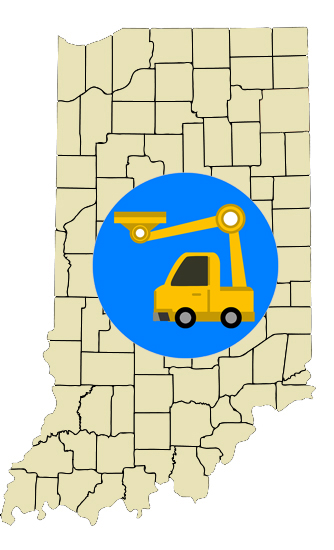Worker’s Compensation in Indiana and Illinois: Same Law, Different Cost
In terms of high workers’ compensation insurance rates, Illinois comes in eighth in the nation, while Indiana comes in forty-ninth. How is this possible when the states’ workers’ compensation laws are so similar? Indiana and Illinois share a lot in common with their workers’ compensation laws: Both systems are designed to compensate injured workers for […]

Available 24/7
Free Case Review
You won’t pay any fees until we win your case.
It’s easy - you can:
 In terms of high workers’ compensation insurance rates, Illinois comes in eighth in the nation, while Indiana comes in forty-ninth. How is this possible when the states’ workers’ compensation laws are so similar?
In terms of high workers’ compensation insurance rates, Illinois comes in eighth in the nation, while Indiana comes in forty-ninth. How is this possible when the states’ workers’ compensation laws are so similar?